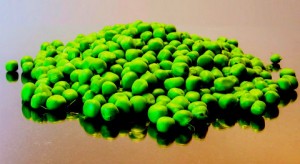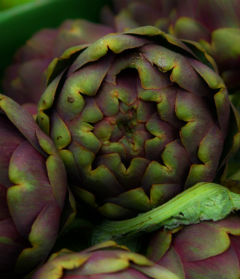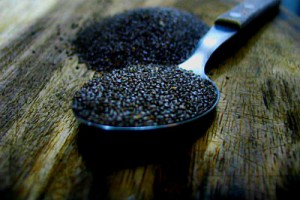Plant based protein
Athletes turning to a vegan diet need their nutrition to act as NATURAL PERFORMANCE ENHANCERS. Pea protein, spirulina, gluten free plant protein powder, dairy free, soy free, meat free protein. What’s the fuss about? Is soy really that bad?
Looking for amazing sources of plant based protein these days? Why are we all opting in for more meat free protein? With or without vegan diet or a vegan friendly lifestyle?
There are of course health risks and health benefits to plant based protein or plant proteins. [1]
Protein is found throughout the whole body – in muscle, bone, skin, hair – virtually every other body part or tissue. At least 10,000 different proteins make up the enzymes that power many chemical reactions and the hemoglobin that carries oxygen in your blood.
The Institute of Medicine recommends that adults get a minimum of 0.8 g of protein for every 1 Kg of body weight per day
Plant Protein
Plant proteins have a reduced content of essential amino acids in comparison to animal proteins. A significant reduction of limiting amino acids (methionine, lysine, tryptophan) means lower protein synthesis. Protein is built from building blocks called amino acids. Our bodies make amino acids in 2 different ways: from scratch, or by modifying others. A few amino acids (known as the essential amino acids) must come from food. Now Foods Pea Protein 7 lbs
Methionine and lysine intakes are reduced with a predominant or exclusive plant protein diet.
Not sure but think you might be low on amino acids? In today’s industrialised world and fast paced life, our body is exposed more than ever before to pollution through the air we breathe. Preservatives and depleted nutrients in the food we eat. To germs, chemicals and radiation that surround us. All of these make our bodies less tolerant to illnesses and diseases. The VF-360 Defense System – Click Here
Lower intake of these amino acids provides a preventive effect against cardiovascular disease via cholesterol regulation by an inhibited hepatic phospholipid metabolism. Find out more about this from these studies [1] Do plant protein and animal proteins differentially affect cardiovascular disease risk? [2]
5 Sources of plant based protein
Peas – green peas 9g protein per cooked cup green peas
Artichokes – 6g protein per cooked cup
Lentils 18g protein per cooked cup
Edamame 17g protein per cooked cup
Plant based protein powders that are free from heavy metals
Spirulina
Spirulina is high in antioxidants known to promote health and longevity and is an excellent protein and nutrient source for those on a plant based diet. Spirulina is that blue-green algae. Spirulina is a highly bioavailable complete protein containing all essential amino acids. At 60% protein – the highest of any natural food.
Is Soy Bad For You
Given that most soy is GMO and sprayed with Monsanto’s glyphosate weed killer (a known carcinogen) it is usually advisable to avoid soy products. The exception is if you can find minimally processed, cold water washed, non GMO and uncontaminated soy products.
Vegan protein
Plant based protein need not all be green or necessarily classed as a plant. Here’s a wholegrain and two nutritional powerhouses that provide a totally new protein taste experience, amino acids, and essential fatty acids to boot. Some signs our body – on a cellular level – makes when we’re not getting enough good fats are dry skin, itchy, scaling, or flaking skin. Soft, cracked, or brittle nails, hard earwax and those tiny bumps you may notice on the backs of your arms or torso. Achy joints or stiff joints are another warning sign.
Chia seeds can be part of a vegan diet – although not classed a plant protein. Nearly 10% protein chia seeds are also an excellent source of natural omega-3 fatty acids – the good kind of fat.
Hemp seeds – 16g protein per 3Tbs Hemp seeds have that perfect ratio of omega-6 and omega-3 EFA’s making hemp seeds another bioavailable complete protein rivaled only by spirulina
Quiona has 11g protein per cup. Quinoa comes in three kinds – we’ve got black quinoa, white quinoa and red quinoa. Quinoa is high in fibre or fiber, is non-GMO, gluten free and usually grown organically. It’s also a gluten free whole grain food. Here’s a list of high fibre gluten free whole grains. According to the Coeliac UK Most people in the UK do not eat enough fibre.
Raw Peanuts – peanuts are 19% protein, the highest of any nut – second only to almonds.
Peanuts are among a small number of foods that contain measurable amounts of oxalates. Peanuts are susceptible to molds and fungal invasions.
Not only do peanuts contain oleic acid, the healthful fat found in olive oil. New research shows these tasty legumes are also as rich in antioxidants as many fruits.



